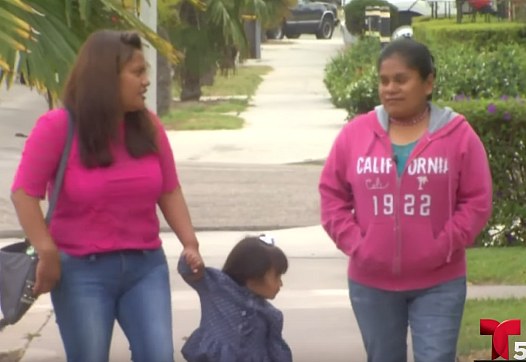
An estimated 165,000 indigenous Mexican immigrants live and work in the fields of California. Some 80% of them do not speak English or Spanish. This cultural and language barrier makes it difficult to treat mental illnesses in the community.

An estimated 165,000 indigenous Mexican immigrants live and work in the fields of California. Some 80% of them do not speak English or Spanish. This cultural and language barrier makes it difficult to treat mental illnesses in the community.
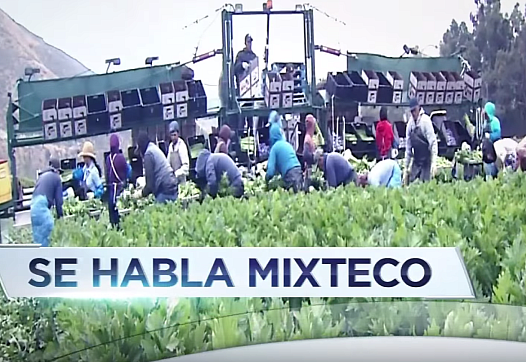
In the fields in the Ventura County some of the workers speak Mixteco. Many of these indigenous farm workers, like Florino, are living in the country illegally. They typically don’t have access to health care. Most of them face poor living conditions and backbreaking daily labor in the fields.

There has been a lot of rhetoric about the value of community health workers, but such programs don't always work as well as they could. Some basic guidelines could go a long way toward ensuring such workers contribute to the health of patients, particularly those with chronic diseases.

When LA Times reporter Soumya Karlamangla started looking into health care policies affecting immigrants, she had no idea how fast the California policy landscape was about to change. Reflecting on her reporting journey over the past year, Karlamangla offers key tips for staying ahead of the story.

While Americans tend to think of sex trafficking as a problem that happens overseas, the United States is a major sex trafficking hub for obvious reasons—it's a rich country. An estimated 100,000 children in the U.S. are forced into the sex trade every year.
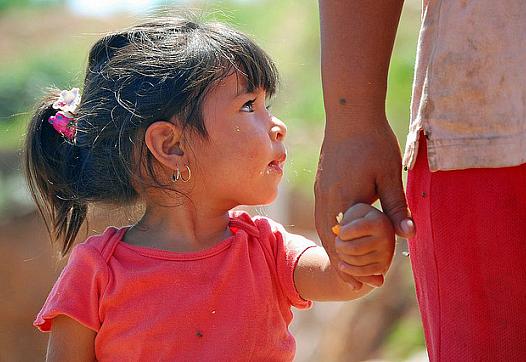
Last year, more than 50,000 unaccompanied minors from Central America crossed the Mexico-U.S. border looking for their parents or better opportunities. But the journey north can entail serious trauma and suffering. What are the long-term mental health issues such children face?
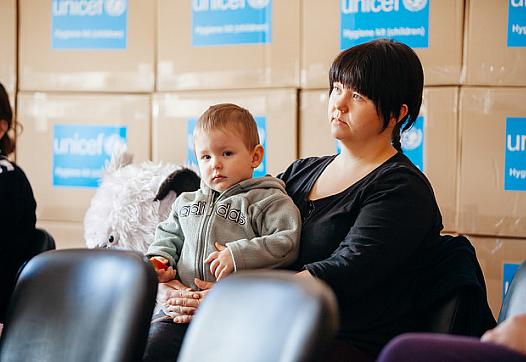
The concept of "toxic stress" has rapidly gained currency in recent years to explain the damaging effects sustained stress and instability can have on young children. Reporter Daisy Rosario is exploring how such stress impacts underserved communities, and how it might be addressed through services.

When it comes to health outcomes, Johnson and Wyandotte counties in the Kansas City metro area might as well be in different countries. Radio reporter Alex Smith sets out to explore what's behind the health disparities, and what might work best to reduce them. Community engagement will be key.
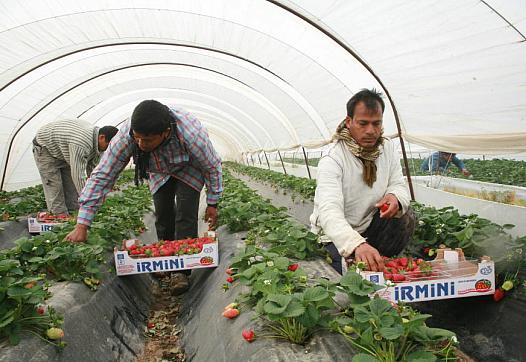
Reporter Liza Gross was seeking a fresh way to convey the risky environmental conditions facing California farming communities. But after running into a series of data swamps, she turned to experts for help and unexpectedly found her story in the strawberry fields of Oxnard, Calif.

With Biomonitoring California, state health and environmental officials have hit an early milestone in their efforts to discover which industrial chemicals are making their way into the bodies of residents. Research has shown that chemical exposure can seriously disrupt cellular function over time.